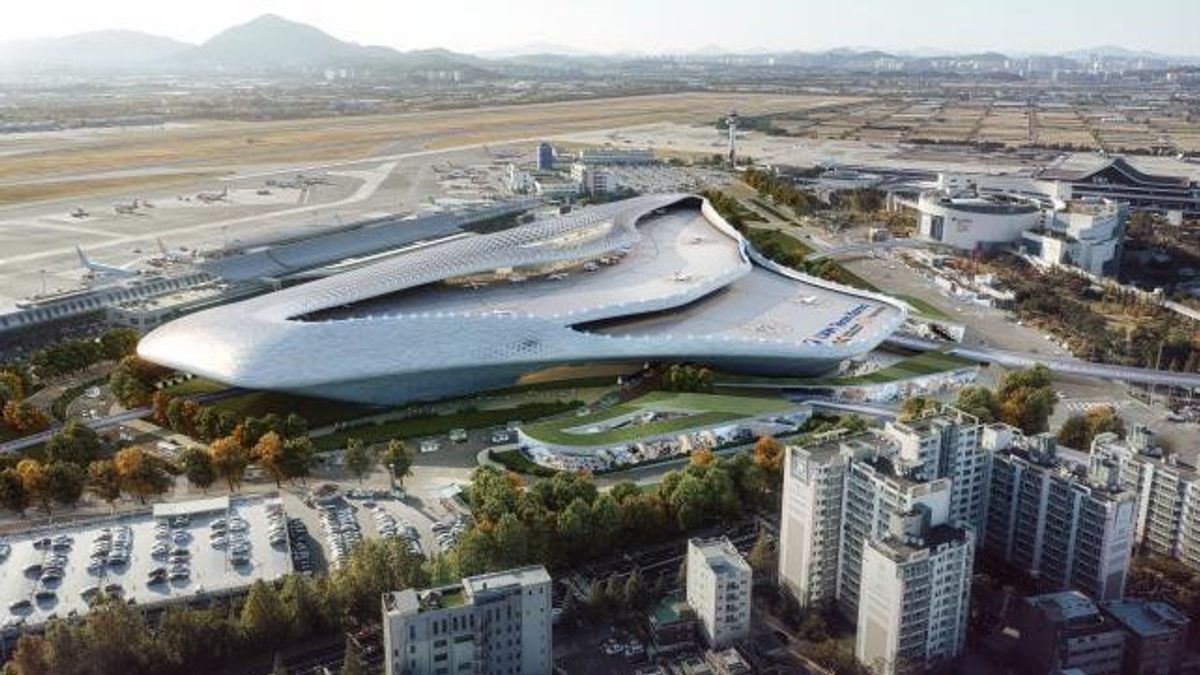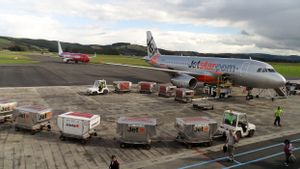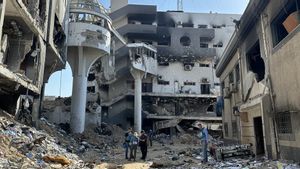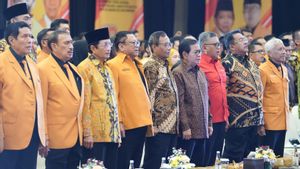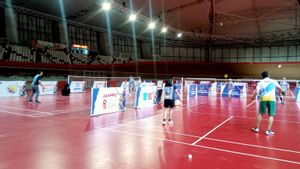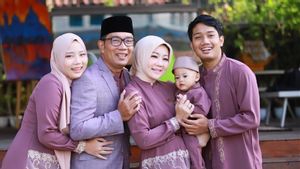JAKARTA - The Seoul City Government, South Korea last month said the area around Seoul's Gimpo International Airport would be re-developed into a Urban Air Mobility Center (UAM) by 2030.
The Gigo Airport Innovation Zone, which consists of three blocks, will be built on an area of 350,000 square meters in the Girpo Airport Innovation District in Gangseo District, western Seoul, according to the city.
The first block, which is now a parking lot for airport domestic terminals, will be a complex transfer facility, including the location for UAM takeoff and landing. The locations for the UAM takeoff and landing will be located on the fifth to seventh floors of the facility.
The second basement and first floor of the building will be equipped with a public transport transfer platform that provides access for passengers to taxis, subways, and express buses.
An elevator will connect public transport transfer facilities and locations for UAM takeoff and landing. The project is scheduled to be completed by 2030.
"Commercial and cultural facilities, international meeting buildings, and hotels will also be built" at the site, authorities said, as reported by The Korea Times October 20.
The second block of the zone will feature a flight business and educational facilities, replacing the water pump station currently installed in the area.
While the third block will accommodate high-tech industrial facilities, studio apartment buildings, and public facilities. The location now serves as a cargo warehouse.
In addition, technology clusters, such as for mobility, will be built in the third block to attract related businesses.
The city plans to use development benefits from the manufacture of high-tech industrial clusters to expand public facilities and other facilities. Authorities will offer discounts on the rental of nearby shopping centers and flat studios to residents near Gimpo Airport and public parking fees.
SEE ALSO:
"We also plan to hire local residents first for residential companies in the innovation district," said a city official.
The city government plans to finalize the basic plans for the innovation zone next year and begin construction after receiving approval for the project implementation plan in 2027.
The plan is that the 2.964 trillion won project is scheduled to be completed in 2030.
The English, Chinese, Japanese, Arabic, and French versions are automatically generated by the AI. So there may still be inaccuracies in translating, please always see Indonesian as our main language. (system supported by DigitalSiber.id)
